CURRENCY
BUSINESS OPPORTUNITIES IN KUWAIT
KUWAIT
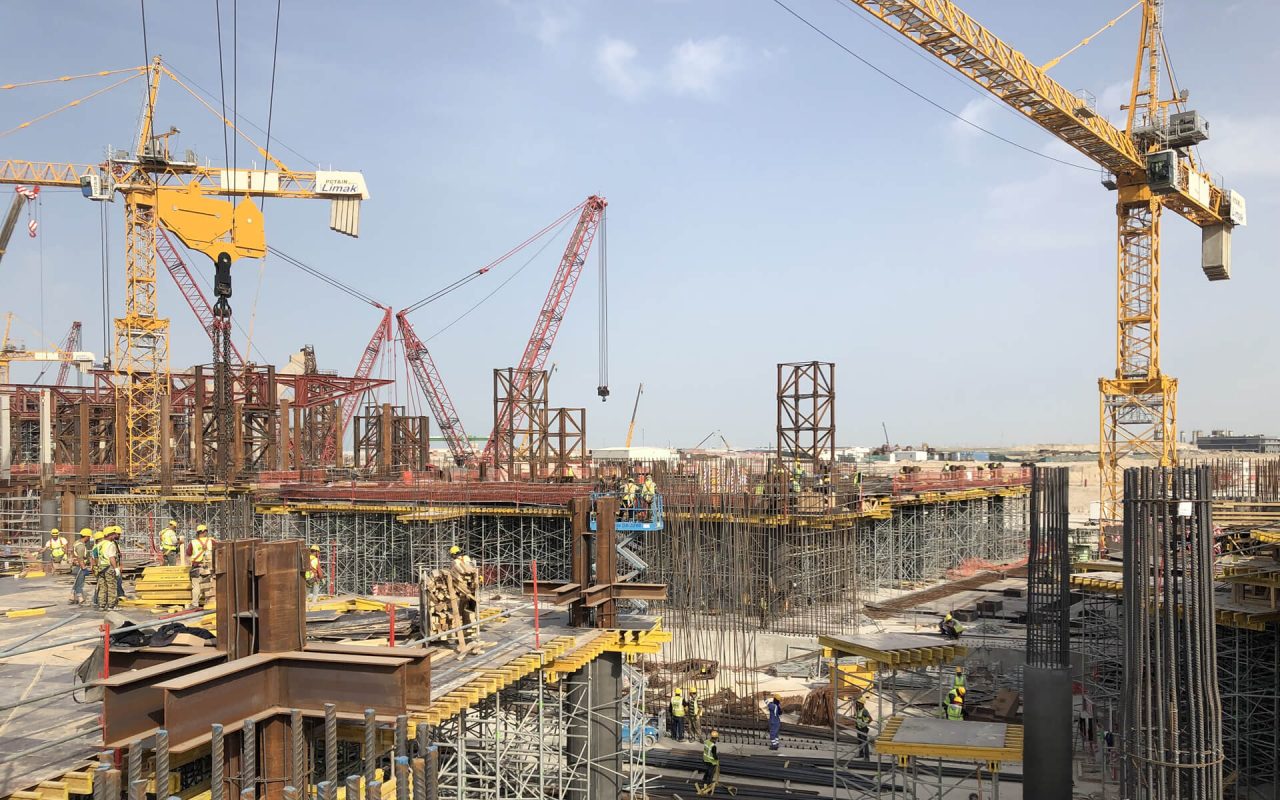

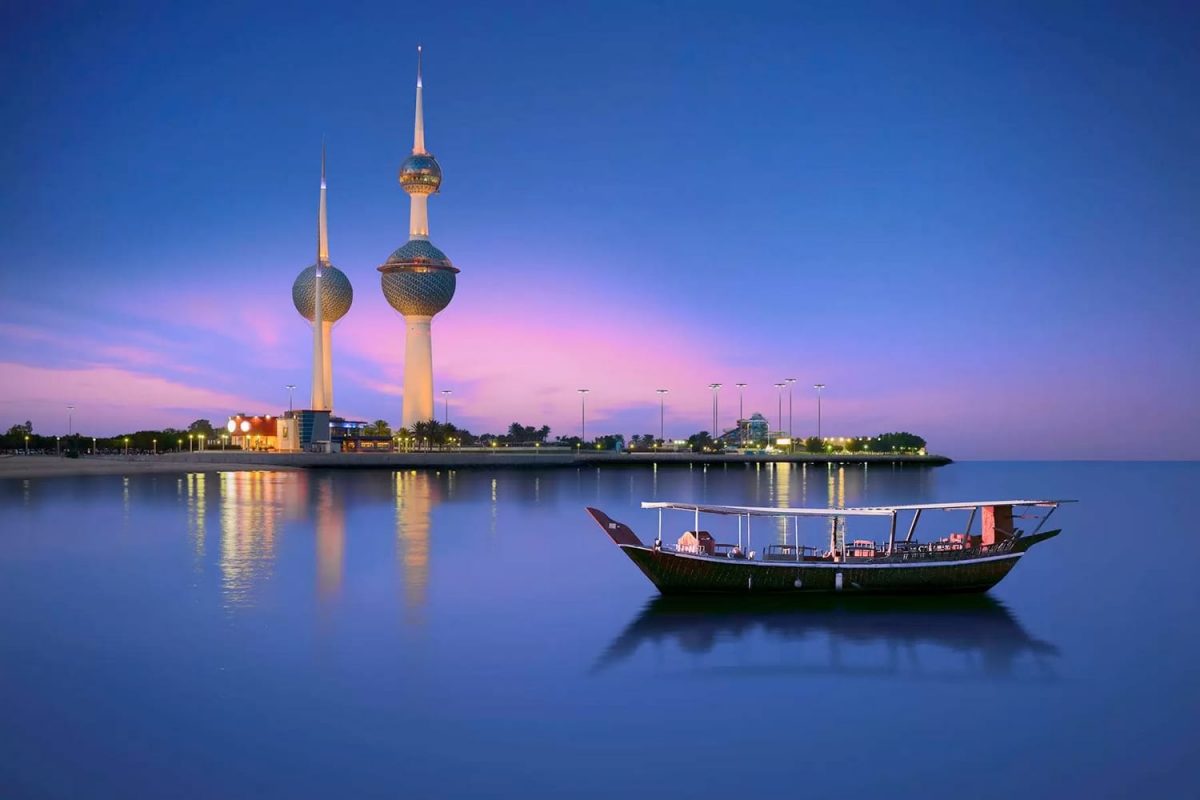
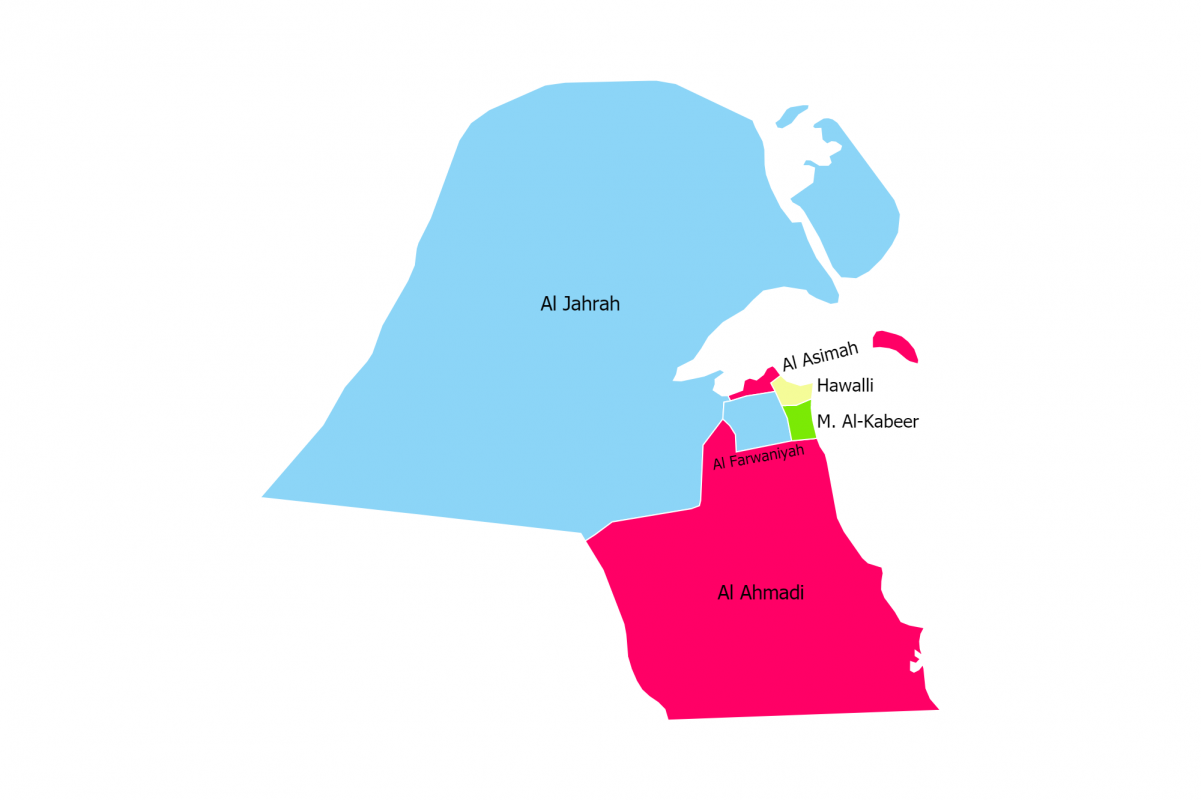
FLAG
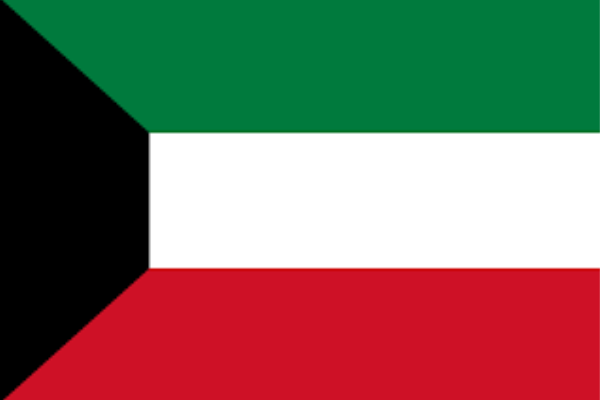
KUWAIT
CAPITAL CITY
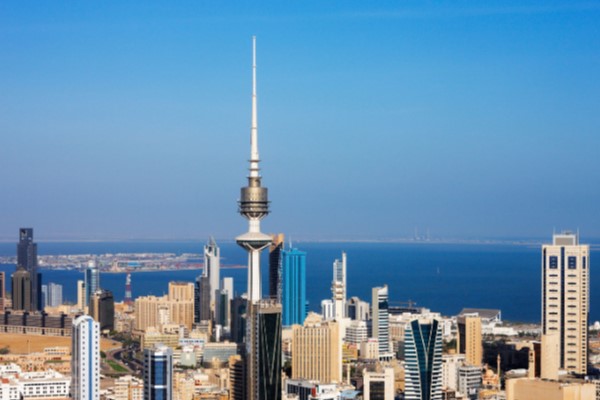
KUWAIT CITY
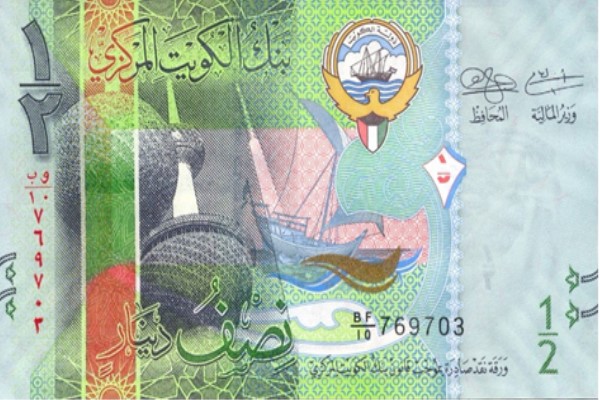
KUWAITI DINAR
Language

Population

43.39 LAKHS
Country
Calling Code

+965
LOCATION:
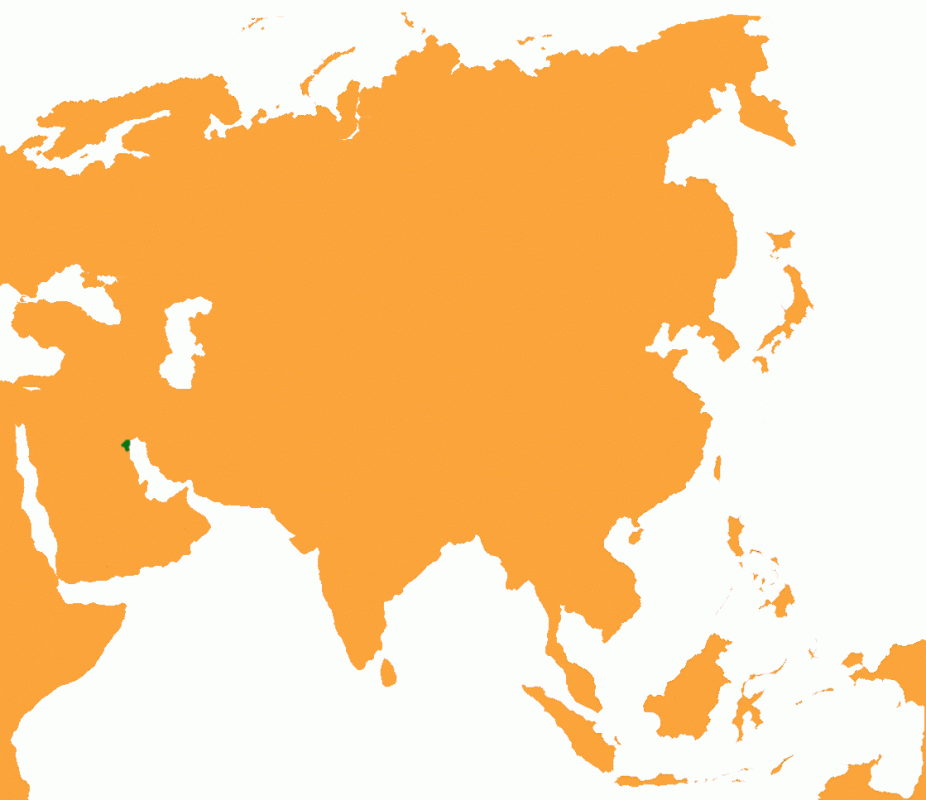
THE MIDDLE EAST
BORDER COUNTRIES:
IRAQ
THE PERSIAN GULF
SAUDI ARABIA
ABOUT KUWAIT
Amongst all the countries in Western Asia, Kuwait, officially the State of Kuwait, is a small, oil-rich emirate situated at the northwestern corner of the Persian Gulf. Known for its vast oil reserves, which are among the largest in the world, Kuwait is a high-income economy with one of the highest GDP per capita globally. Its strategic location, coupled with substantial sovereign wealth, has historically underpinned its prosperity. Kuwait City is the capital and largest city, serving as the country’s primary economic, political, and cultural hub. The nation is currently pursuing its “New Kuwait 2035” vision, an ambitious plan to diversify its economy away from oil, transform into a regional financial and trade hub, and foster private sector growth. According to the World Bank, Kuwait is classified as a High-Income Economy.
The currency of Kuwait is the Kuwaiti Dinar (KWD), which is consistently one of the world’s highest-valued currencies. As of today’s exchange rates (June 2025), 1 Kuwaiti Dinar is approximately 279.84 Indian Rupees. The population of Kuwait is estimated at approximately 5.1 million in 2024, with a significant proportion being expatriates. Kuwait shares land borders with Iraq to the north and Saudi Arabia to the south. It has maritime borders with Iran across the Persian Gulf. The official language of the country is Arabic. English is widely understood and spoken, particularly in business, government, and among the expatriate community. Islam is the dominant religion, with the majority of the population being Sunni Muslim. The main international airport is Kuwait International Airport (KWI). Major commercial seaports include Shuwaikh Port, Shuaiba Port, and Mina Al Ahmadi Port, which are vital for crude oil, refined products, and general cargo.
The standard corporate income tax rate for foreign companies operating in Kuwait is 15% on their taxable profits. Kuwaiti companies are generally exempt from income tax, instead paying Zakat and contributions to the Kuwait Foundation for the Advancement of Sciences (KFAS). The Kuwait Direct Investment Promotion Authority (KDIPA), established under Law No. 116 of 2013, is the primary government agency responsible for attracting and facilitating foreign direct investment. KDIPA offers a range of incentives to licensed investment entities, which may include:
- Tax Exemptions: Full or partial exemption from income tax or other taxes for up to ten years from the date of actual commencement of operations.
- Customs and Import Duty Exemptions: Full or partial exemption from customs duties on imports necessary for direct investment (machinery, equipment, raw materials).
- Permission to Employ Foreign Labor: Flexibility in employing foreign labor as necessary for the investment.
- Additional Benefits: The Council of Ministers may grant further incentives for specific cases. Opesh Group of companies will be helping you in completing the Due Diligence process which includes financial planning, registration process, business options, and if required, even helping you find a Rental property for your office.
Establishing a business in Kuwait involves navigating a regulatory framework that is increasingly focused on attracting diversified investment. While historically favoring local ownership, Kuwait’s Foreign Investment Law, administered by KDIPA, allows for up to 100% foreign ownership in many sectors, particularly those that align with the “New Kuwait 2035” vision. Common legal forms for foreign investors include establishing a Limited Liability Company (WLL – With Limited Liability), a Shareholding Company, or a Branch Office. Joint ventures and commercial agencies are also common arrangements. The government is actively working to streamline business registration and licensing procedures to enhance the ease of doing business.
In case an investor is planning to establish a WLL or a corporate business setup in Kuwait, Opesh Group will be helping you in taking the right decision for setting up your business in Kuwait and we will also guide you about how to follow the procedure while formulating your company in Kuwait.
Types of Business which can be started in Kuwait (focusing on diversification efforts):
- Oil & Gas Services: While upstream oil and gas are state-controlled, opportunities exist in services, technology, and downstream activities (refining, petrochemicals).
- Infrastructure Development: Significant investments are planned for mega-projects under “New Kuwait 2035,” including new cities (e.g., Silk City), transportation networks (ports, airports, rail), and utilities.
- Information Technology & Digital Transformation: Focus on smart city solutions, e-governance, cybersecurity, cloud computing, and IT services to support digitalization across sectors.
- Logistics & Transportation: Leveraging Kuwait’s strategic location in the Persian Gulf to develop logistics hubs, warehousing, and transportation services.
- Healthcare & Education: Growing demand for advanced medical facilities, specialized healthcare services, and high-quality educational institutions.
- Tourism & Hospitality: Development of tourism infrastructure, cultural attractions, and leisure facilities.
- Financial Services: Strengthening Kuwait’s position as a regional financial hub, including FinTech development.
Advantages of Starting Business in Kuwait:
- High Purchasing Power: One of the world’s wealthiest nations with high GDP per capita, creating a strong consumer market.
- Tax Incentives: Attractive tax exemptions and other benefits for investments under KDIPA.
- Strategic Location: Gateway to the GCC and broader Middle East markets.
- Political Stability: Generally stable political environment.
- Well-Funded Sovereign Wealth Fund: Provides a stable economic foundation and potential for co-investment.
- Modern Infrastructure: State-of-the-art ports, airports, and road networks.
- Government Commitment to Diversification: “New Kuwait 2035” vision creates opportunities in non-oil sectors.
Imports & Exports: Kuwait’s economy is heavily reliant on oil exports, which constitute the vast majority of its revenue. Its imports are diverse, reflecting the needs of a developed economy and a large expatriate population.
Major items which are exported from Kuwait:
- Crude Petroleum
- Refined Petroleum Products
- Petroleum Gas
- Sulfonated, Nitrated or Nitrosated Hydrocarbons
- Acyclic Alcohols
- Petrochemicals
Major items which are imported in Kuwait:
- Machinery and Transport Equipment
- Manufactured Goods (e.g., electronics, automotive)
- Food and Live Animals
- Chemicals
- Construction Materials
- Textiles and Clothing
Major items traded between Kuwait and India (as of 2023-2025 data):
- Exports from Kuwait to India: Predominantly Crude Petroleum, followed by Petroleum Products and some chemicals. India is one of Kuwait’s largest oil customers.
- Imports in Kuwait from India: A wide range of products including Rice and other food items, Pharmaceutical products, Organic Chemicals, Ceramics, Machinery, Automotive parts, and various manufactured goods. Indian expertise in construction and IT services is also significant.
Manufacturing: Kuwait’s manufacturing sector is relatively small and undiversified compared to its oil industry. It is dominated by downstream petroleum industries, particularly refining and petrochemicals. Other manufacturing activities include:
- Food Processing: Production of various food and beverage items for domestic consumption.
- Building and Construction Materials: Production of cement, bricks, and other materials to support infrastructure projects.
- Chemicals: Beyond petrochemicals, some manufacturing of fertilizers and other industrial chemicals.
- Limited light industries: Including textiles, leather goods, and wood products. The government is actively promoting private sector involvement and diversification within manufacturing to reduce reliance on oil.
Mining: The mining sector in Kuwait is almost entirely synonymous with its vast hydrocarbon extraction. Kuwait possesses approximately 6% of the world’s proven oil reserves. While there are limited non-hydrocarbon mineral resources such as sand, gravel, and limestone, the focus of “mining” is overwhelmingly on the production of crude oil and natural gas. Efforts are concentrated on enhancing oil production capacity and efficiency, along with increasing natural gas output for domestic power generation and potential export.
- GDP = $301 billion (nominal, 2024 est. IMF)
- GDP Growth = -2.7% (2024 est.), 3.3% (2025 forecast – IMF) Note: Growth figures are highly sensitive to OPEC+ production quotas and global oil prices.
- Ease of doing business rank = The World Bank’s ‘Doing Business’ report has been discontinued. In its last edition (2020), Kuwait ranked 83rd out of 190 economies, having significantly improved its position by implementing reforms in areas like starting a business, getting electricity, and trading across borders. The government continues to focus on improving the business environment to attract foreign investment.
- GDP per Capita = $32,289 (nominal, 2024 est. IMF)
Thanks for reading this Article. Watch our Video and know more about Kuwait. For any Business Enquiry Join Millionaire Program and change everything in life and Business.. Call/ WhatsApp +91- 8094607111.
MOST RECENT VIDEOS
SIGN UP TODAY
Get our exclusive content and offers in your inbox










